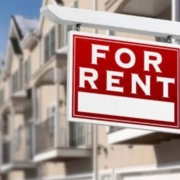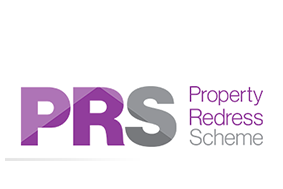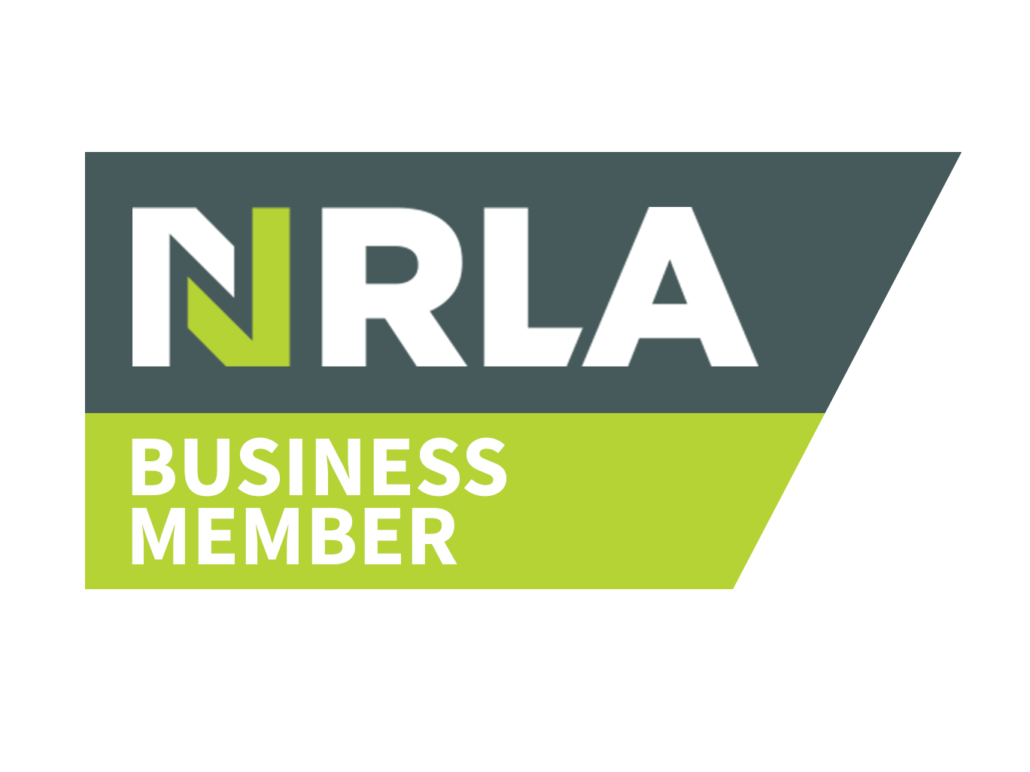London Property Management: Harmony Amid Tenant Challenges
A Landlord’s Guide to Dealing with Difficult Tenants
Renting out property can be a lucrative venture, but it’s not without its challenges. One of the most significant hurdles that landlords often face is dealing with difficult tenants. In this blog post, we’ll explore the common challenges London landlords encounter in property management and provide insights into navigating these complexities.
-
Identifying Difficult Tenants
Understanding the characteristics and behaviours of difficult tenants is the first step in addressing the challenges they pose. Difficult tenants may exhibit traits such as consistently late rent payments, violation of lease terms, or disruptive behaviour. Recognising these signs early on can help landlords take proactive measures to address issues before they escalate.
-
Late Rent Payments and Financial Struggles
a. The Impact of Late Payments
Late rent payments can disrupt a landlord’s cash flow and create financial strain. This challenge is particularly daunting for landlords who depend on rental income to cover mortgage payments and property maintenance costs.b. Strategies for Addressing Late Payments
Implementing clear rent payment policies, sending timely reminders, and offering flexible payment plans can help landlords navigate the challenge of late payments. Establishing open communication channels can also provide insight into any underlying financial struggles tenants may be facing. -
Lease Violations and Property Damage
a. The Consequences of Lease Violations
Lease violations, whether intentional or unintentional, can lead to property damage or violations of community rules. Landlords face the challenge of ensuring that tenants adhere to the terms outlined in the lease agreement to maintain a safe and well-maintained property.b. Mitigating Property Damage and Lease Violations
Regular property inspections, clear communication regarding lease terms, and prompt action in addressing violations can help landlords mitigate the challenges associated with lease breaches. Providing a detailed and well-crafted lease agreement from the outset can set expectations and reduce the likelihood of disputes. -
Dealing with Disruptive Behaviour
a. Impact on Other Tenants and Neighbours
Disruptive behaviour from a tenant can affect the overall atmosphere of a property, creating discomfort for other tenants and potentially leading to conflicts with neighbours. Landlords must address these challenges promptly to maintain a positive living environment for all residents.b. Strategies for Handling Disruptive Tenants
Open communication, issuing warnings, and, if necessary, involving local authorities are strategies landlords can employ to manage disruptive behaviour. Having clear guidelines in the lease agreement regarding acceptable conduct can serve as a preventive measure.
Conclusion:
Being a landlord comes with its share of challenges, and dealing with difficult tenants is a common hurdle in property management. By identifying signs early, implementing proactive measures, and adhering to legal frameworks, landlords can navigate these challenges more effectively. Establishing open communication channels and addressing issues promptly can contribute to a harmonious landlord-tenant relationship, fostering a positive rental experience for both parties.
In conclusion, while challenges with difficult tenants are inevitable, a proactive and strategic approach can significantly ease the burden on landlords and contribute to a smoother property management experience.

















